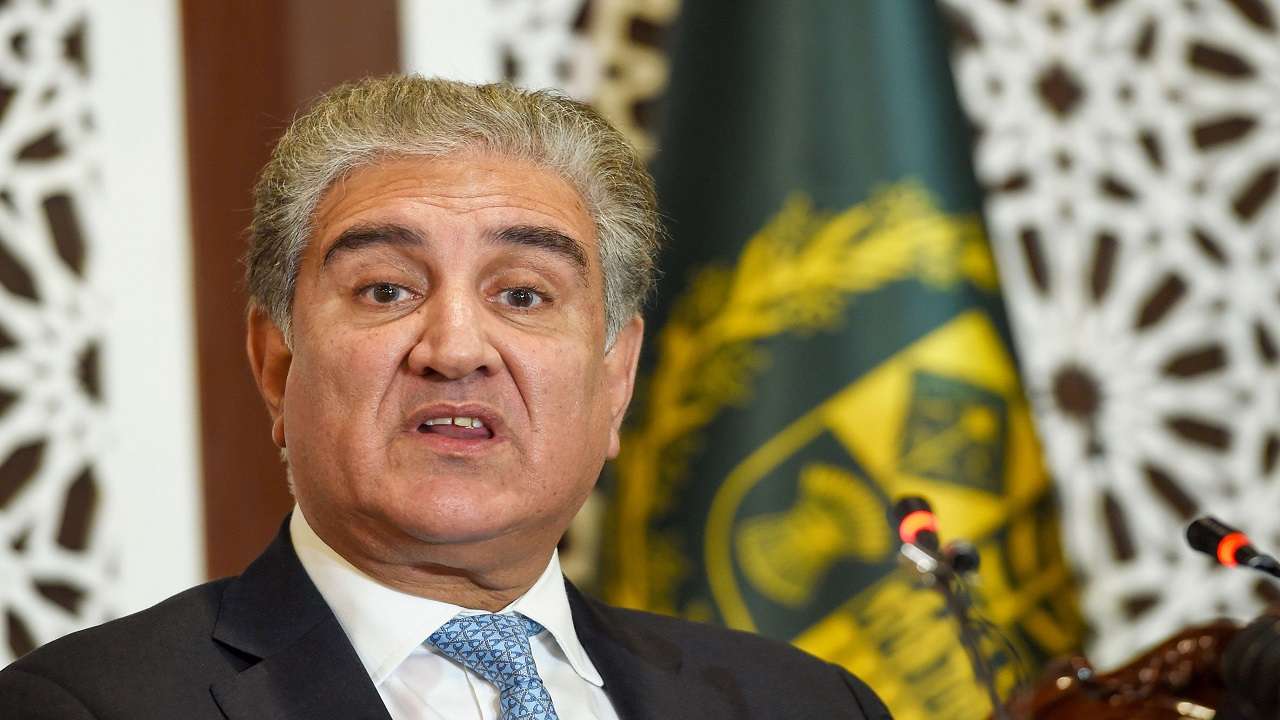Despite completing 26 out of the 27 points under the action plan given to Pakistan by the financial watchdog Financial Action Task Force (FATF), Pakistan has once again found itself stuck in its “increased monitoring list”, widely known as the grey list.
On Saturday, Foreign Minister Shah Mahmood Qureshi Saturday questioned the decision of the Financial Action Task Force (FATF).
The FATF, after a five-day plenary meeting, appreciated on Friday Pakistan’s progress and efforts to address items on its country action plan and announced to keep the country on its grey list till it addressed “the one remaining CFT-related item”. It has also handed the government six new anti-money laundering areas to work on.
“It is to be determined whether FATF is a political forum or a technical one and whether it is being used to achieve political objectives.”
In response to the FATF announcement, FM Qureshi said.
The foreign minister said that as far as the issue of addressing the FATF’s action plan is concerned, Pakistan has completed work on 26 points and added: “Significant progress has been made on the 27th point and we intend to do more.”
“In my view, in such a situation, there is no reason to keep Pakistan on the grey list.”
FM Qureshi said.
He regretted that some forces want the sword to continue hanging over Pakistan. Pakistan, he said, is taking steps in its own interest.
“What is our interest? Our interest is to curb money laundering and terror financing and whatever is in our interest we will continue to do so.”
New six-point action plan
Addressing a press conference after the plenary meeting concluded in Paris, FATF President Dr Marcus Pleyer had said that Pakistan remains under “increased monitoring”.
“The Pakistani government has made substantial progress in making its counter-terrorist financing systems stronger and more effective. It has largely addressed 26 out of 27 items on the action plan it first committed to in June 2018,” he had said.
Dr Pleyer had said that the plan focused on terrorist financing issues. He had noted said that the one key action item still needs to be completed “which concerns the investigation and prosecution of senior leaders and commanders of UN-designated terror groups”.
The FATF president had highlighted that Pakistan has “made improvements” after the Asia Pacific Group highlighted issues in 2019.
“These include clear efforts to raise awareness in the private sector to Pakistan’s money laundering risks and to develop and use financial intelligence to build a case. However, Pakistan is still failing to effectively implement the global FATF standards across a number of areas. This means the risks of money laundering remain high which in turn can fuel corruption and organized crime.”
He had stated.
Dr Player had said that this is why the FATF has worked with the Pakistan government on new areas that still need to be improved as part of a new action plan that largely focuses on money laundering risks.
The FATF has outlined six areas where Pakistan should continue to work to address its strategically important AML/CFT deficiencies:
- Enhancing international cooperation by amending the MLA (Mututal Legal Assistance) law;
- Demonstrating that assistance is being sought from foreign countries in implementing UNSCR 1373 designations;
- Demonstrating that supervisors are conducting both on-site and off-site supervision commensurate with specific risks associated with DNFBPs (Designated Non-Financial Business and Professions), including applying appropriate sanctions where necessary;
- Demonstrating that proportionate and dissuasive sanctions are applied consistently to all legal persons and legal arrangements for non-compliance with beneficial ownership requirements;
- Demonstrating an increase in ML (money laundering) investigations and prosecutions and that proceeds of crime continue to be restrained and confiscated in line with Pakistan’s risk profile, including working with foreign counterparts to trace, freeze, and confiscate assets; and
- Demonstrating that DNFBPs (Designated Non-Financial Business and Professions) are being monitored for compliance with proliferation financing requirements and that sanctions are being imposed for non-compliance.










